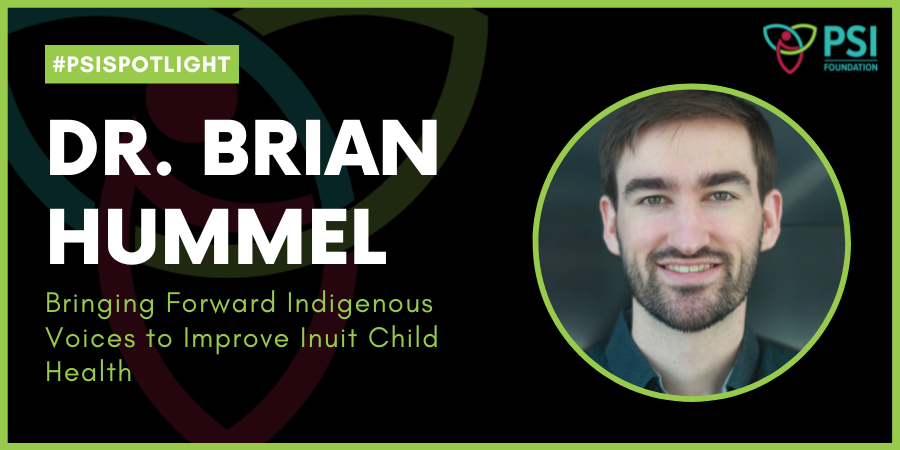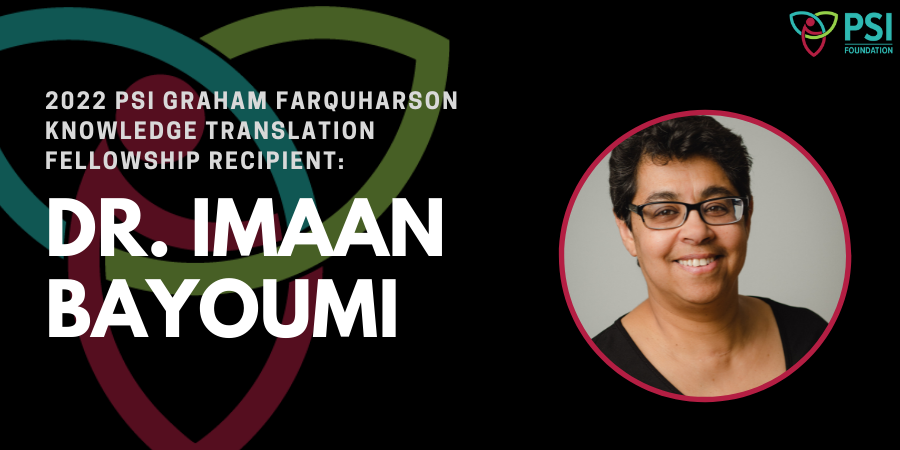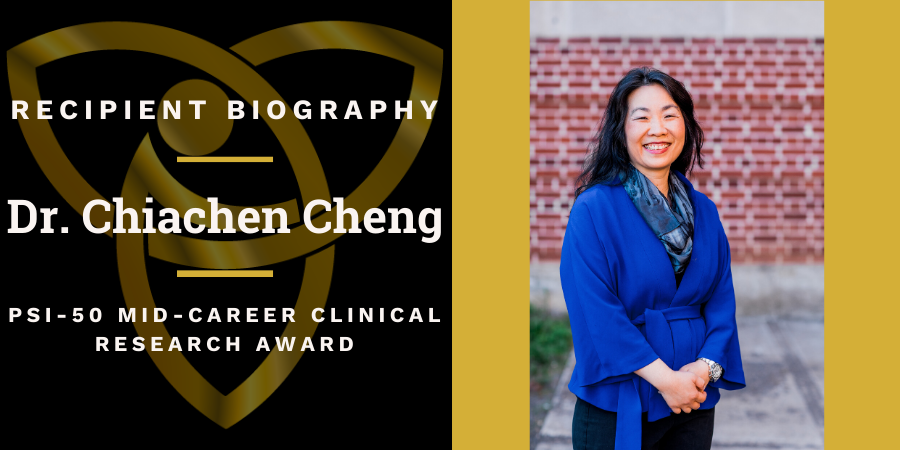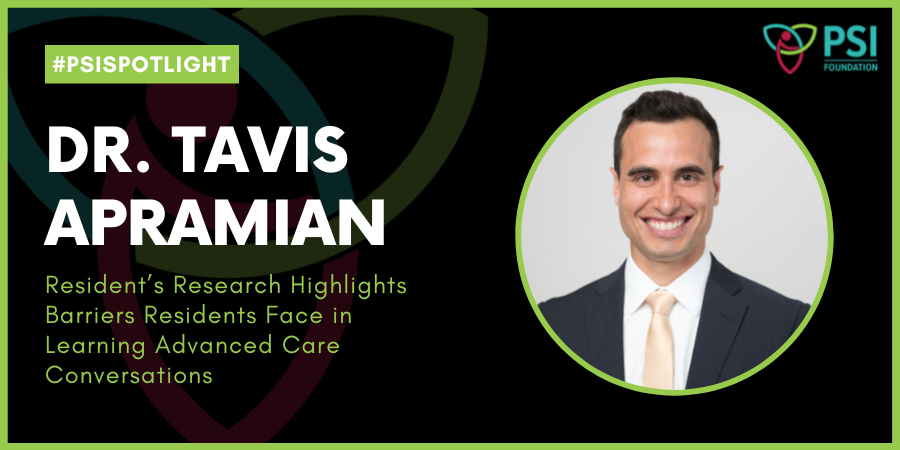First Nations, Inuit and Métis people in Canada have poorer health outcomes than non-Indigenous people due to historical and ongoing systems of discrimination, and these disparities can start in childhood, with Inuit children experiencing higher rates of respiratory infections, iron deficiency anemia, and other conditions.
A team of researchers in Ottawa – home to the largest Inuit population in Canada outside of the traditional Inuit homeland of Inuit Nunangat – recently completed a study funded by the PSI Foundation that aims to arm caregivers of Inuit children with the knowledge they want and need to improve child health outcomes.
“Our colonial history, historical and ongoing systems of discrimination, and the unique challenges that Inuit people face when they have to move from the north to an urban Ottawa community result in a lot of cultural dissonance and tensions that are challenging for this community,” says Dr. Brian Hummel, currently a pediatric infectious disease fellow at the Children’s Hospital of Eastern Ontario (CHEO). “We wanted to better understand what those challenges are and what can be done to help support child health for this community.”
Recognizing the need for better knowledge sharing around child health, Dr. Hummel and co-investigator Dr. Daniel Bierstone, along with supervisor Dr. Radha Jetty, the physician lead for Inuit Child Health and the Nunavut Program at CHEO, partnered with the Inuuqatigiit Centre for Inuit Children, Youth and Families to better understand the experiences of caregivers of Inuit children related to child health.
Supported by a PSI Foundation Resident Research Grant, Dr. Hummel and the team conducted focus groups with 24 caregivers of Inuit children. In the focus groups, they discussed where caregivers go for child health knowledge, the topics they felt they needed more knowledge about, and how they prefer to learn about child health.
Dr. Hummel says that the qualitative approach to the study, as opposed to conducting a survey or other quantitative method, was essential to collecting data that would directly represent the voices of the caregivers.
“This approach allowed us to collect data that was more rich, raw and real, and it allowed Indigenous voices to be more directly represented in the research,” he says. “As non-Indigenous researchers, we viewed our role as being vessels to bring forward Indigenous insights, very much in the spirit of ‘never about us without us.’”
Knowledge-sharing programs should include both Indigenous and Western ways of knowing
In the focus groups, caregivers said they needed more support and information about parenting and development, adolescent mental and sexual health, common childhood illnesses, infant care and nutrition – topics where there can be tension between Indigenous and non-Indigenous ways of knowing.
Caregivers also said that they often turned to their families, friends, community members and Indigenous health services for child health information, largely because of previous negative experiences with Western medical institutions and lack of trust of these institutions.
While caregivers strongly preferred in-person knowledge-sharing sessions for their supportive environment and opportunity to build community, importantly, they identified that involving both Inuit Elders and health care providers in these sessions was important.
“One of the interesting themes that came out in the focus groups was this idea of synergy between Indigenous ways of knowing and Western medicine ways of knowing, and how those two things don’t need to compete with each other but can instead work synergistically together to support Inuit child health,” says Dr. Hummel. “There are things that are valued more in the cultural understandings of health, such as nutrition, child-rearing and development. But there were also things they valued about western medicine approaches.”
“Ultimately knowledge-sharing programs should include both Inuit and Western knowledge and traditions, while empowering families to engage in Indigenous child-rearing practices,” he adds.
The study is the first of its kind to explore caregivers’ perspectives on urban Inuit child health knowledge, and it has been presented at national pediatric and Indigenous health conferences and published in the peer-reviewed journal International Journal of Circumpolar Health. Dr. Hummel and the research team hope that these findings can now be used to help develop programs and other knowledge-sharing initiatives to benefit caregivers and ultimately improve Inuit children’s health.
As Dr. Hummel finishes his fellowship and moves to the next stage of his career, he plans to continue being involved in research and education on top of his clinical practice. And he says the PSI Resident Research Award has helped prepare him by giving him a rare opportunity to lead a larger project.
“As residents, there aren’t a lot of funding opportunities for these kinds of larger projects,” he says. “PSI funding is really important for those of us who want to do larger projects to have these opportunities.”




